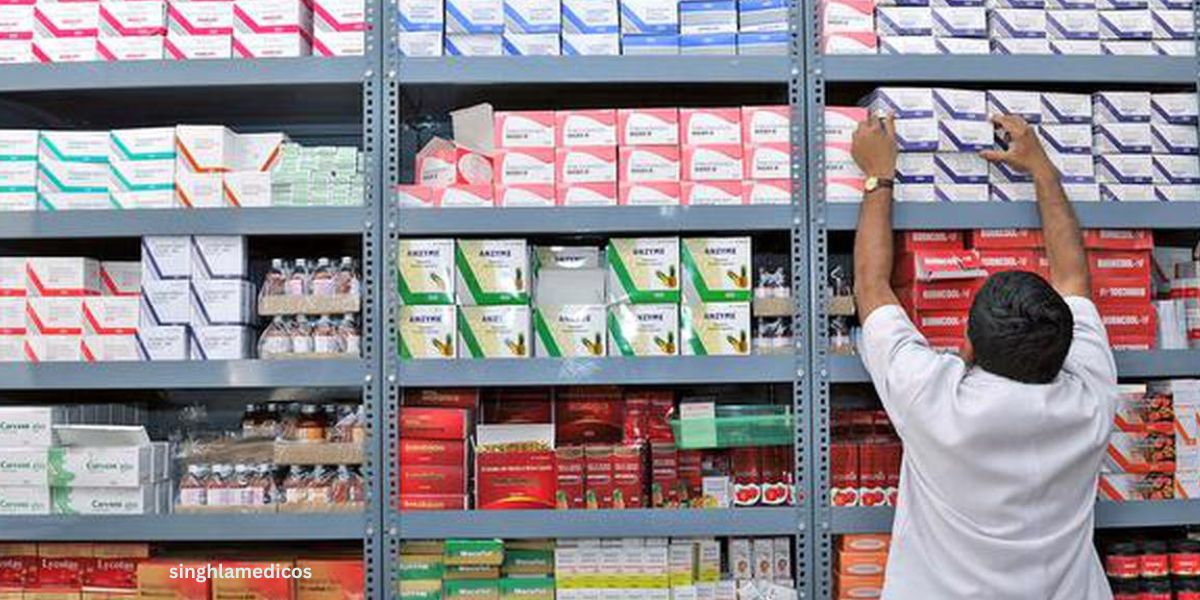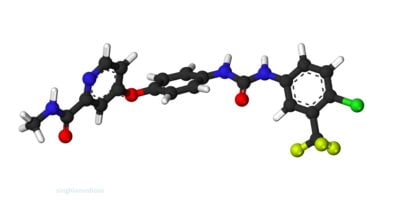BLOG
Top 10 Anticancer Drugs In India For Prevalent Cancers

Top 10 Anticancer Drugs In India For Prevalent Cancers
Cancer, an ailment dreaded globally, has been a significant health concern in India. The country's diverse population and lifestyle factors contribute to various types of cancers, necessitating an array of treatment options. Among these, anticancer drugs play a pivotal role in managing and combating the disease. In India, where cancer incidence rates continue to rise, access to effective medication is paramount. Here, we explore the top 10 anticancer drugs widely used in India for prevalent cancers.
Imatinib, a targeted therapy, revolutionized the treatment of chronic myeloid leukemia (CML) and gastrointestinal stromal tumors (GISTs). By inhibiting specific proteins responsible for cancer growth, Imatinib has shown remarkable efficacy, making it a cornerstone in CML treatment.
Trastuzumab, a monoclonal antibody, is indispensable in treating HER2-positive breast cancer, a prevalent subtype in Indian women. Its ability to target HER2 receptors on cancer cells, thereby inhibiting their growth, has significantly improved survival rates in breast cancer patients.
Rituximab, another monoclonal antibody, is instrumental in the management of B-cell non-Hodgkin lymphoma and chronic lymphocytic leukemia (CLL). By targeting CD20 proteins on cancerous B-cells, Rituximab effectively enhances immune-mediated destruction of these cells, providing a valuable treatment option.
Paclitaxel, a chemotherapy drug derived from the Pacific yew tree, is widely used in India for treating various cancers, including breast, ovarian, and lung cancers. Its mechanism of action involves interfering with cancer cell division, ultimately leading to their death.
Erlotinib, a targeted therapy, is pivotal in the treatment of non-small cell lung cancer (NSCLC) and pancreatic cancer. By inhibiting the epidermal growth factor receptor (EGFR), Erlotinib impedes cancer cell proliferation and survival, offering hope to patients with these aggressive malignancies.

Sorafenib, a multikinase inhibitor, has emerged as a key player in treating advanced renal cell carcinoma (RCC) and hepatocellular carcinoma (HCC). Its ability to inhibit tumor angiogenesis and proliferation pathways has extended survival in patients with these challenging-to-treat cancers.
Bevacizumab, a monoclonal antibody targeting vascular endothelial growth factor (VEGF), is instrumental in the treatment of metastatic colorectal cancer, NSCLC, and various other malignancies. By inhibiting angiogenesis, Bevacizumab impedes tumor growth and metastasis, offering therapeutic benefits in diverse cancer types.
Methotrexate, a chemotherapy agent with immunosuppressive properties, finds extensive use in treating leukemia, lymphoma, breast cancer, and gestational trophoblastic neoplasia. Its mechanism involves inhibiting dihydrofolate reductase, thereby disrupting DNA synthesis and cell proliferation.
Cisplatin, a platinum-based chemotherapy drug, is a cornerstone in the treatment of various solid tumors, including testicular, ovarian, bladder, and lung cancers. Its ability to induce DNA damage and trigger apoptosis in cancer cells has made it a mainstay in oncology practice.
Doxorubicin, an anthracycline antibiotic, is widely utilized in treating a spectrum of cancers, such as breast cancer, lymphoma, and sarcoma. Its mechanism involves intercalating DNA strands and inhibiting topoisomerase II, leading to impaired DNA replication and cancer cell death.
conclusion
the arsenal of anticancer drugs available in India encompasses a diverse range of agents targeting various signaling pathways and mechanisms crucial for cancer progression. These drugs, whether conventional chemotherapy agents or novel targeted therapies, have significantly transformed the landscape of cancer treatment, offering hope and extending survival for countless patients across the country. However, accessibility and affordability remain key challenges, underscoring the need for concerted efforts to ensure equitable access to these life-saving medications for all individuals battling cancer in India.

